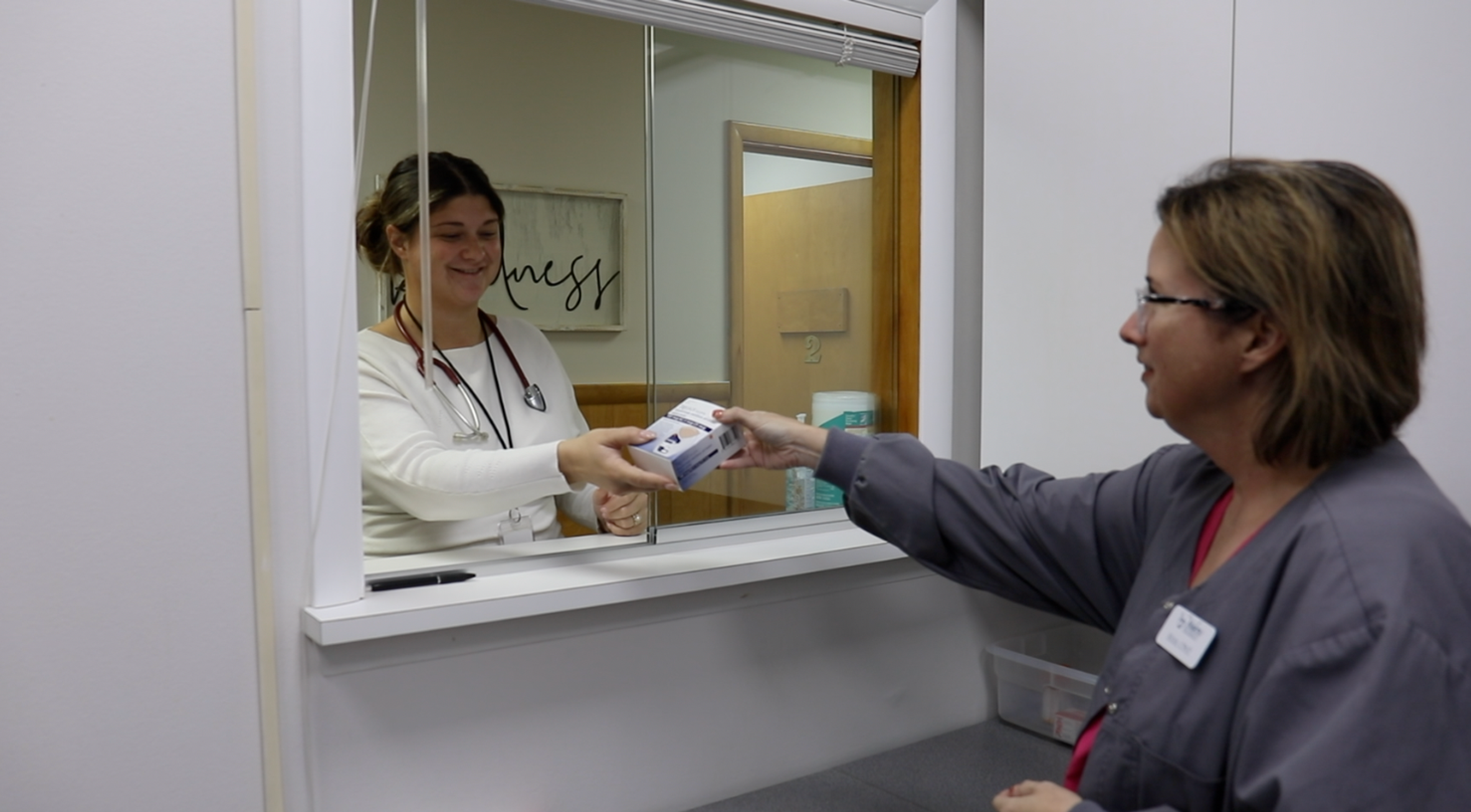Mental Health 101: Michigan-Based Healthy Minds Network Works to Address Treatment on College Campuses
Julie Bitely
| 3 min read

College can be a stressful time in a young person’s life. Adjusting to being away from home for the first time, trying to find a new social circle, studying and tests are a lot to take in all at once. Add in a mental health condition such as depression or anxiety and the transition can be overwhelming. Learning more about the mental health needs and attitudes of students along with developing effective interventions is the aim of the Healthy Minds Network (HMN), a program funded by the Blue Cross Blue Shield of Michigan Foundation. Dr. Daniel Eisenberg is the founder of HMN, which is made up of a team of University of Michigan scholars in the fields of public health, education, medicine and psychology. They’re trying to address the connection between the mental health of adolescents and young adults and their health behaviors, physical and social health, educational and economic outcomes. Eisenberg said there’s a large payoff to society to invest in students’ mental health, but there’s a lack of data to quantify what the payoff is and what the best investments are. HMN conducts an annual survey of college students to understand the prevalence of mental health issues, how people seek out services and maybe more importantly, why people don’t. Since its national launch in 2007, the Healthy Minds study has been fielded at over 125 colleges and universities, with over 150,000 respondents. Survey findings have shown that:
- Around 20 to 30 percent of students are experiencing significant symptom levels for mental health issues such as depression and anxiety.
- College students attach a low level of stigma to mental health services.
- They have favorable attitudes about mental health treatment and illnesses.
- Despite having a positive view of treatment, 50 percent of survey respondents with mental health conditions don’t seek it out.
Eisenberg said people might not seek help because there’s a lack of perceived need or urgency. College students may view their mental distress as normal and as something that will get better with time. “There are a lot of other priorities that people have in their lives, especially college students,” he said. The information gleaned through the survey is shared with participating universities in order to help them understand the link between mental health and student performance. It also can help them advocate for expanded services on campus. “We help schools understand the link between mental health and academic outcomes, such as GPA and student retention,” Eisenberg said. “Schools can use that information to make an economic case for mental health services and programs, because academic success has implications for tuition revenue as well as future productivity of graduates.” Moving forward, Eisenberg said HMN is working on testing the effectiveness of mental health initiatives and coping strategies that can be implemented into college life. “Our hope is that mental health will increasingly be considered a fundamental aspect of students’ lives,” he said. If you liked this post, you might also enjoy:
Photo credit: mer chau





